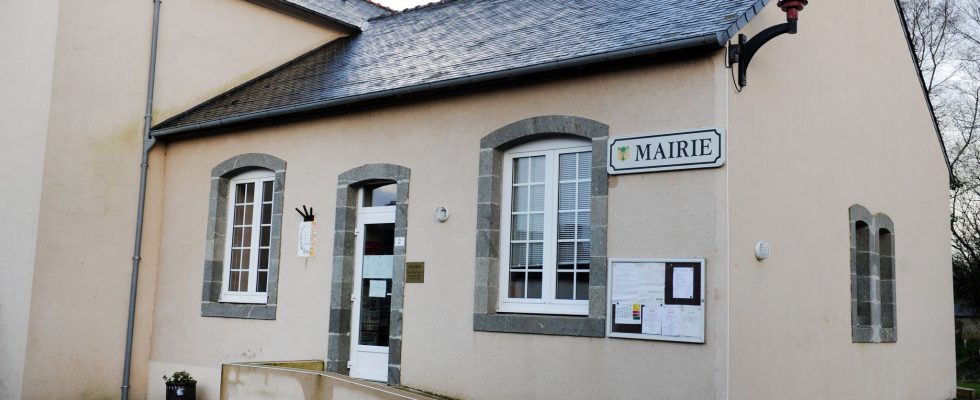Increase in the main allocation to communities, “new method” to find savings: two days before the presentation of the draft budget for 2024, the government increased gestures of goodwill towards local elected officials on Monday.
“The 2024 budget provides for an increase of 220 million euros” in the overall operating allocation (DGF) for municipalities and intermunicipalities, announced the Minister for Local Authorities Dominique Faure in an interview with The Municipalities Gazette.
100 million for rural solidarity
The sum will be broken down into three blocks: “100 million euros on the rural solidarity grant, 90 million euros on the urban solidarity grant and 30 million euros on the intercommunity grant,” detailed Dominique Faure. .
After thirteen years of freezing this resource paid by the State to municipalities, intermunicipalities and departments, the DGF is growing for the second year in a row.
In 2023, the government increased it by 320 million euros, already to deal with high inflation (+ 4.9% over one year in August according to INSEE). “This is a strong message to communities,” said Minister of Territorial Cohesion Christophe Béchu in a written statement to the press. “This announcement allows us to measure the sincerity of our government’s commitment to communities,” he added.
Disappointed associations of local elected officials
Despite the additional 220 million euros announced for 2024, certain associations of local elected officials could be disappointed. In recent weeks, they have in fact called for an indexation of the DGF, the main allocation they have, to the level of inflation.
“We cannot ask the State to fully compensate for inflation,” Dominique Faure replied on Monday. The minister’s entourage insists: “The State itself is suffering” from the rise in prices and “inflation also increases certain community revenues”.
While local elected officials are asking the State for visibility over several years regarding their resources, the government seemed open to this idea on Monday. “The request for visibility and multi-annuality from local elected officials is legitimate,” confided Minister of Public Accounts Thomas Cazenave, also interviewed by La Gazette des Communes.
Controlling spending growth
“The public finance programming law already provides visibility on the trajectory of financial assistance (paid by the State to communities, editor’s note), and on growth and inflation. We can probably go further,” admitted the former president of the delegation to local authorities of the National Assembly.
Thomas Cazenave also said he was “in favor of the government presenting a multi-year strategy for financing the ecological transition”, public and private. Above all, the Minister of Public Accounts proposed on Monday a “new method” to local elected officials to control the growth of spending in communities.
According to him, the first step will consist of “exchanging very precisely with all the associations of elected officials to agree on expenditure reviews”. Ultimately, the objective is for community operating expenses (payroll, purchases of supplies, etc.) to increase by half a percentage point less than inflation.
“The effort for communities will be much less significant than that requested from the State,” assured Thomas Cazenave, and “investment spending will increase more strongly than inflation.”
Communities will not be penalized
And unlike previous spending control mechanisms, communities which miss the objectives set by the government will not be sanctioned. The “new method” outlined on Monday is furiously reminiscent of the “pact of confidence” promised a year ago by Thomas Cazenave’s predecessor at Bercy, Gabriel Attal.
Faced with the reluctance of local elected officials, this initiative, already intended to contain the increase in local spending, was buried. From Sunday evening, a series of messages on “X” (formerly Twitter) from the president of the Association of Mayors of France David Lisnard highlighted the persistent mistrust of local elected officials.
“The community accounts are in balance, unlike the State. They only borrow to invest. They have no management lessons to learn from the overspending and over-withholding State,” scathed the mayor of Cannes in reaction to Emmanuel Macron’s comments on the property tax.
